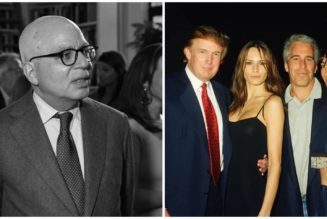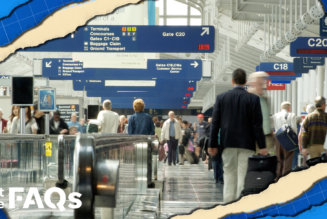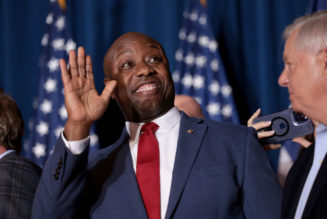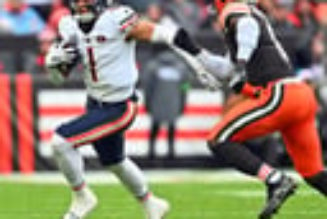Nathan Thornburgh and photographer Shane Carpenter were in New Hampshire last month for their longterm reporting project on the state’s odd presidential primary. In hindsight, it looks more surreal than ever.
It is unnerving to look at the pictures at this moment, in this week. Photographer Shane Carpenter and I have been working on a longterm project about the New Hampshire presidential primary for four election cycles spanning 16 years, but the things I’ve come to love about the campaign up there—the intimacy of retail politicking, the electricity of the big rallies—now just trip alarms in my mind. All the handshakes. All the pressed flesh, the leaning in, the campaign buses filled with coughing staffers, the moist microphones, the communal pens at the polls. The collective spittle of a talkative, aging electorate grabbing the shoulders of talkative, aging candidates. The entire thing feels so… antediluvian.




But still, this is how it was just a few weeks ago. We’re at the end of New Hampshire series of The Trip Podcast—the final episode is with Zoltan Istvan, who is both a lesser-known candidate for president and an avowed “transhumanist” obsessed with using technology to defeat death—so it seems a good time to publish a few of Shane’s photographs from our time there.

We spent some time, as we always do, getting to know the brave and occasionally delusional lesser-known candidates who pay to be on the official ballot in the hopes of stealing some votes for themselves or their cause. And there were mainstream moments, like the Mcintyre-Shaheen candidate cattle-call in the big downtown arena. That one was cathartic for Shane and me in particular; the last time we were at that arena was for Trump’s final 2016 rally before the primary in New Hampshire. He used the word “pussy” while ad-libbing with the crowd; he booed and badgered the press as they stood in their pen. It was the kind of monster truck rally political event that has become all too familiar over the last four years. The next day, Trump won.




This year, the New Hampshire primary was held on February 11, twelve days after the first U.S. coronavirus patient had been diagnosed in Washington State. No candidate mentioned it once while we were there; no voter asked any questions about it. On Primary Day, Shane and I drove down from Dixville Notch, where we had witnessed the campy traditions of the midnight vote. The next day we left the state; I drove back to Boston and took the Acela to New York City.

Less than two weeks after that, the Biogen conference kicked off at the Marriott Long Wharf in Boston. So far, 97 confirmed cases have been reported among conference attendees, spreading throughout the U.S. and even to China.
Now the virus is everywhere, and these pictures are unnerving to look at, but somewhere in here you’ll see the next president of the United States (and no, I’m not talking about our lesser-known candidates like self-described “jailhouse lawyer” Mary Maxwell, Arkansan actual lawyer Mosie Boyd, or Zoltan Istvan). And though it’s hard to know what the half-life of social distancing will be after this pandemic ends, I do know that many of the building blocks of the new America we get after this one has molted are in these photos. The fervor, the turnout, the radical belief in participatory democracy. We’ll need them all.













